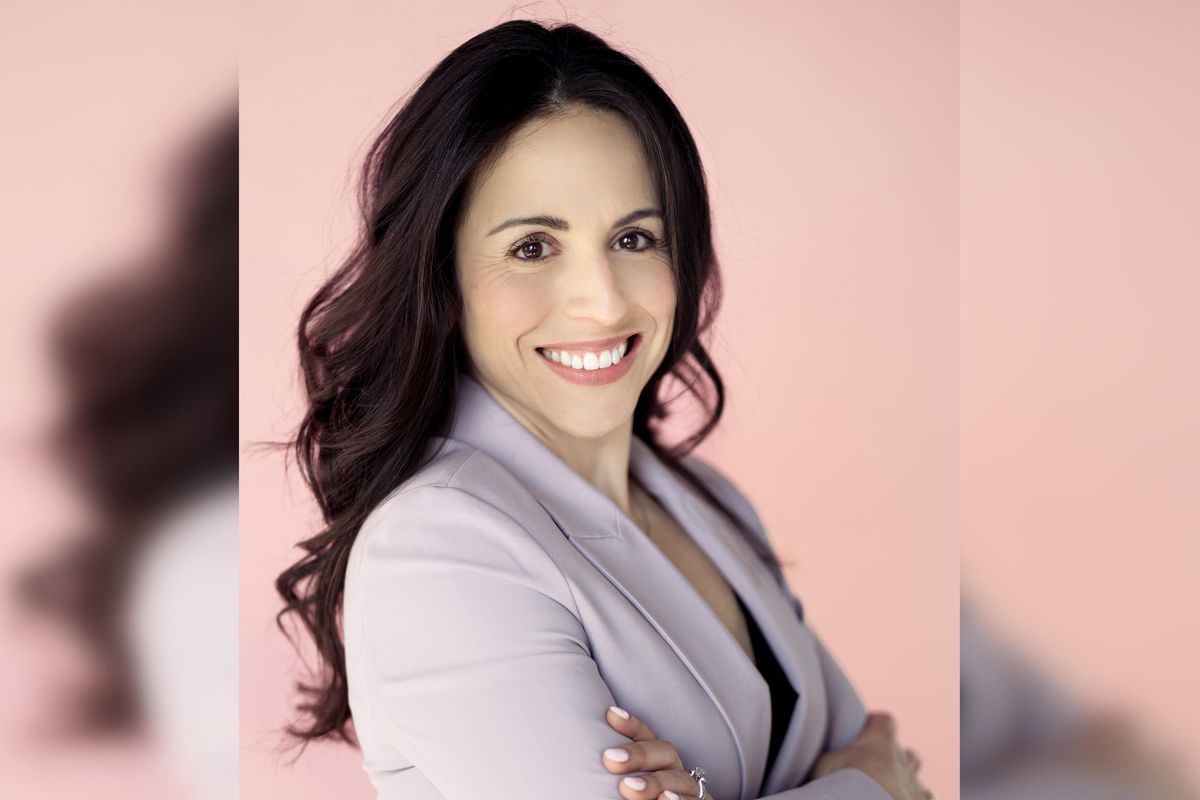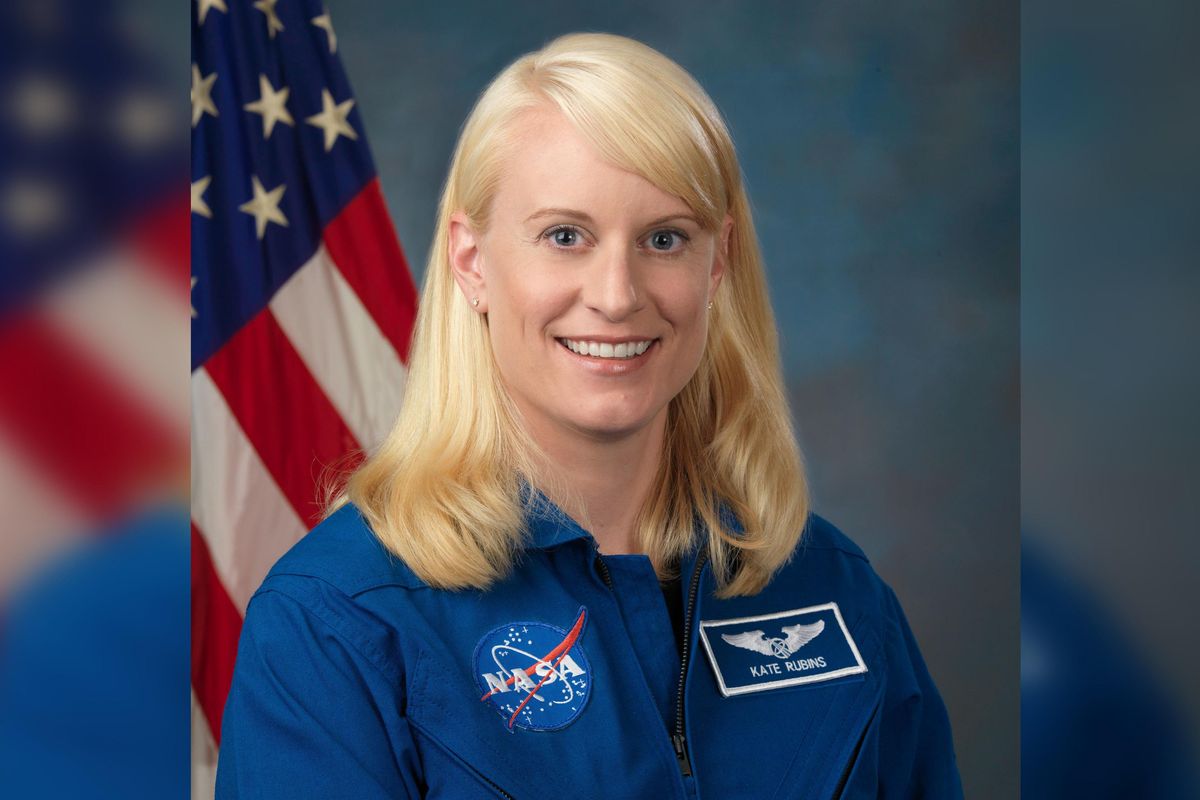Innovative Houston company forms partnership to test tech on lithium mining
new collaboration
Houston-based cleantech startup Cemvita Factory is embarking on a potentially game-changing pilot project in Arizona.
Cemvita has sealed a deal with Australia-based Arizona Lithium, a lithium mining company, to test the startup’s technology for extraction of lithium from clay and sedimentary materials. The project is being carried out at Arizona Lithium’s new Lithium Research Center in Tempe, Arizona, which is set to start operating early next year.
“We are excited to see the results of the partnership start to show in the next three to six months, at which time we will assess further partnership potential,” says Paul Lloyd, managing director of Arizona Lithium.
Cemvita, whose technology aims to reduce carbon emissions, says the new partnership will help develop more environmentally friendly ways of mining lithium for products such as electric car batteries.
As the startup explains, lithium is an important metal in the energy transition movement, but most commercial lithium extraction is done at salt-flat brines through a process of evaporation and chemical recovery or from lithium-bearing ores through a process that involves crushing, roasting, and acid leaching. However, these processes consume a lot of energy and damage the environment.
“This pilot work in Arizona is a great step forward in our drive to both reduce the footprint of mining and unlock the mineral resources that are crucial for our planet’s renewable energy future,” Marny Reakes, Cemvita’s vice president of mining biotech, says in a news release.
Cemvita says its team will rely on biomining from sedimentary resources, reducing carbon emissions and decreasing the generation of mining waste.
“Our goal,” says Charles Nelson, chief business officer of Cemvita, in the release, “is to enable the most environmentally friendly end to end process of mining lithium through the application of our technology. This includes utilizing cleaner methods of extraction with the option of layering Cemvita’s other beneficial technologies such as CO2 based fuels and decarbonizing processing in the mining space.”
Brother-and-sister team Moji and Tara Karimi founded the startup in 2017. Investors include Oxy Low Carbon Ventures, an investment arm of Houston-based Occidental Petroleum, as well as BHP Group, Mitsubishi, and United Airlines Ventures.
Cemvita’s technology enables the sustainable extraction of natural resources, carbon-negative production of chemicals and fuels, and regeneration of waste as feedstock.






 Apple doubles down on Houston with new production facility, training centerPhoto courtesy Apple.
Apple doubles down on Houston with new production facility, training centerPhoto courtesy Apple.





